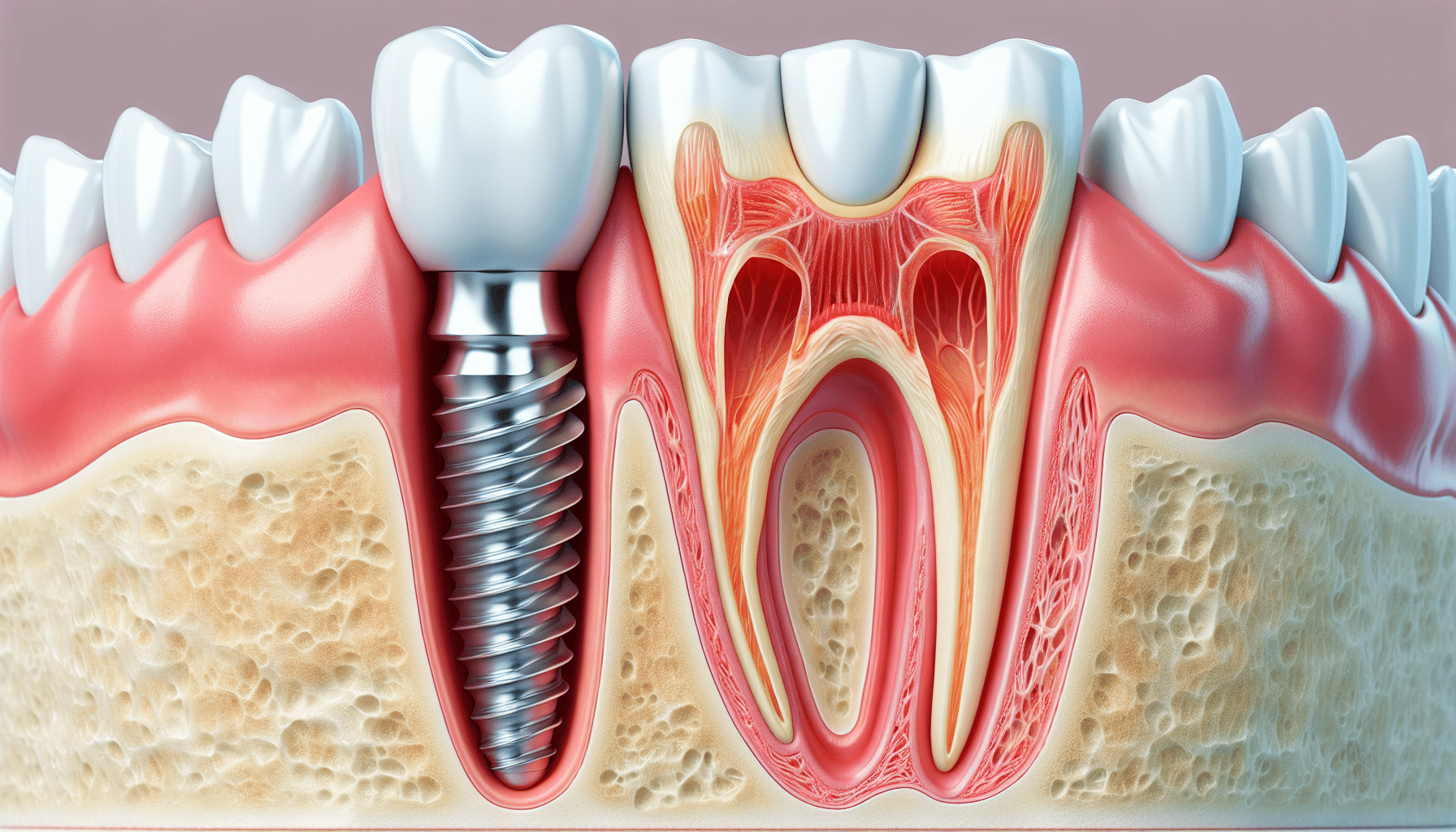Dental implants have become a popular solution for replacing missing teeth and restoring a natural-looking smile. If you are considering full dental implants, it's essential to understand the process, benefits, and potential outcomes. This ultimate guide will provide you with all the information you need to make an informed decision about getting full dental implants.
What are Full Dental Implants?
Full dental implants, also known as implant-supported dentures or full mouth dental implants, are a permanent solution for patients who have lost most or all of their natural teeth. Unlike traditional dentures that sit on the gums and may require adhesives, full dental implants are surgically placed into the jawbone to provide a stable foundation for artificial teeth.
Benefits of Full Dental Implants:
- Improved appearance and self-confidence
- Enhanced ability to speak and eat
- Prevention of bone loss in the jaw
- Durable and long-lasting solution
- Convenience and ease of maintenance
The Process of Getting Full Dental Implants
The process of getting full dental implants typically involves several steps and may require multiple appointments with your dentist or oral surgeon. Here is an overview of what you can expect:
Evaluation and Treatment Planning:
- Your dentist will conduct a thorough evaluation of your oral health, including X-rays and impressions of your teeth and gums.
- A customized treatment plan will be developed based on your specific needs and goals for dental implants.
Surgical Placement of Implants:
- During a minor surgical procedure, the dental implants will be placed into the jawbone beneath the gum line.
- It may take a few months for the implants to fuse with the bone in a process called osseointegration.
Placement of Abutments and Artificial Teeth:
- Once the implants have healed and integrated with the jawbone, abutments will be attached to the implants to connect the artificial teeth.
- Custom-made artificial teeth or dentures will be placed on the abutments to complete your smile.
Candidates for Full Dental Implants
Not everyone is a suitable candidate for full dental implants. Your dentist will consider several factors to determine if you are a good candidate for this treatment, including:
Factors that may affect candidacy for full dental implants:
- Overall oral health and hygiene
- Presence of gum disease or tooth decay
- Bone density and volume in the jaw
- General health conditions that may affect healing
Aftercare and Maintenance of Full Dental Implants
Proper aftercare and maintenance are crucial for the long-term success of your full dental implants. Here are some tips to help you take care of your new smile:
Tips for aftercare and maintenance of full dental implants:
- Brush and floss regularly to keep your implants and gums healthy
- Avoid chewing on hard foods or using your teeth as tools to prevent damage to the implants
- Visit your dentist for regular check-ups and cleanings to monitor the health of your implants
- Quit smoking, as it can increase the risk of implant failure
Cost of Full Dental Implants
The cost of full dental implants can vary depending on several factors, including the number of implants needed, the complexity of the case, and your location. It's essential to discuss the cost of treatment with your dentist and inquire about any financing options that may be available.
Factors that may influence the cost of full dental implants:
- Number of implants required
- Type of implant materials used
- Additional procedures, such as bone grafting or sinus lifts
- Insurance coverage and financing options
Final Thoughts
Full dental implants can provide a permanent solution for missing teeth and restore your smile to its natural beauty. By understanding the process, benefits, and aftercare requirements of full dental implants, you can make an informed decision about whether this treatment is right for you. Consult with your dentist to learn more about full dental implants and determine the best course of action for achieving a healthy and confident smile.

